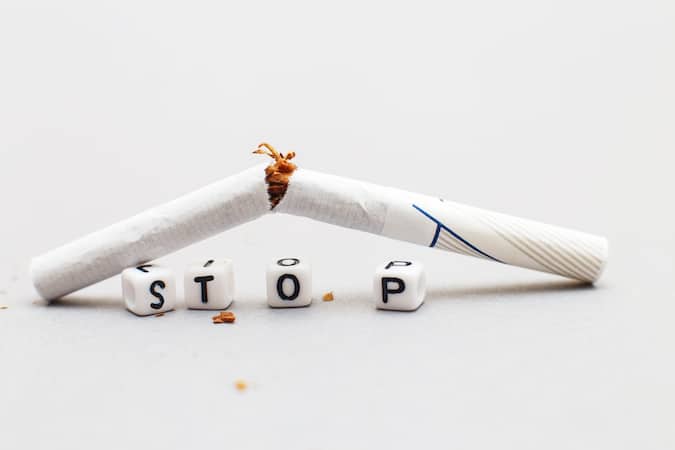
Why You Should Stop Smoking Today: A Guide to Better Health

Smoking remains one of the leading causes of preventable diseases worldwide. Whether you are a young adult, a parent, or a senior, making the decision to quit smoking can dramatically improve your health and well-being. In this article, we’ll explore the risks of smoking, the benefits of quitting, and practical tips to help you kick the habit for good.
Key Takeaways:
- Smoking is a major contributor to severe health issues, including cancer and heart disease.
- Quitting smoking improves lung function and adds years to your life.
- Support systems, resources, and planning are vital for a successful quit attempt.
- Small, consistent steps can help overcome the smoking habit for good.
The Health Risks of Smoking

Smoking affects nearly every organ in the body, leading to diseases that are often severe or fatal. Here’s why quitting is essential:
- Lung Health: Smoking is the leading cause of chronic obstructive pulmonary disease (COPD) and lung cancer. These conditions severely limit quality of life.
- Heart Disease: Smokers are 2 to 4 times more likely to develop heart disease than non-smokers.
- Weakened Immune System: Smoking impairs your body’s ability to fight infections and increases your vulnerability to illnesses.
- Secondhand Smoke: Smoking doesn’t just affect you; it puts loved ones at risk, particularly children.
Taking steps toward quitting can reduce these risks dramatically. Learn more about health resources to support your goals on SelfGood .
The Immediate and Long-Term Benefits of Quitting
Quitting smoking has immediate, short-term, and long-term benefits that are nothing short of life-changing:
Immediate Benefits:
- Improved Breathing: Within 24 hours, oxygen levels in your blood improve.
- Better Sense of Taste and Smell: Within days, these senses begin to recover.
- Reduced Blood Pressure: Your blood pressure begins to drop, reducing strain on your heart.
Long-Term Benefits:
- Reduced Cancer Risk: After 10 years, your risk of lung cancer drops to about half of a smoker’s.
- Heart Health: Within one year, the risk of coronary heart disease is cut by half.
- Improved Longevity: Quitting by age 40 reduces your risk of dying prematurely from smoking-related diseases by about 90%.
Explore more strategies for maintaining health through lifestyle changes on our blog .
Tips to Help You Quit Smoking
Breaking free from nicotine addiction requires a plan and determination. Here are proven strategies:
1. Set a Quit Date
Choose a specific date to quit smoking and prepare yourself mentally. Mark it on your calendar and commit to the change.
2. Seek Support
Inform your family, friends, and colleagues about your plan to quit. Join a support group or seek professional counseling.
3. Consider Nicotine Replacement Therapies (NRTs)
NRTs such as nicotine gum, patches, and lozenges can help manage withdrawal symptoms and increase your chances of quitting.
4. Identify Triggers
Avoid situations or habits that make you want to smoke. This might mean steering clear of certain social gatherings or avoiding alcohol.
5. Practice Stress Management
Many people smoke as a way to deal with stress. Incorporate healthier stress-relief practices, such as meditation, yoga, or regular exercise.
Tools and Resources for Quitting
Quitting smoking is easier with the right tools and resources. Some useful options include:
- Quitlines: Free telephone-based counseling services.
- Apps: Many apps provide daily tips, tracking tools, and encouragement to quit smoking.
- Health Insurance Resources: If you’re considering insurance that covers smoking cessation programs, explore plans available in your area. Find more options on our health insurance page .
Take Action for a Healthier Future
Quitting smoking is one of the most impactful decisions you can make for your health. With the right mindset, support, and resources, you can overcome the habit and enjoy a life full of vitality and well-being.
To learn more about health insurance options that support your journey to wellness, visit SelfGood’s Health Insurance Page .




